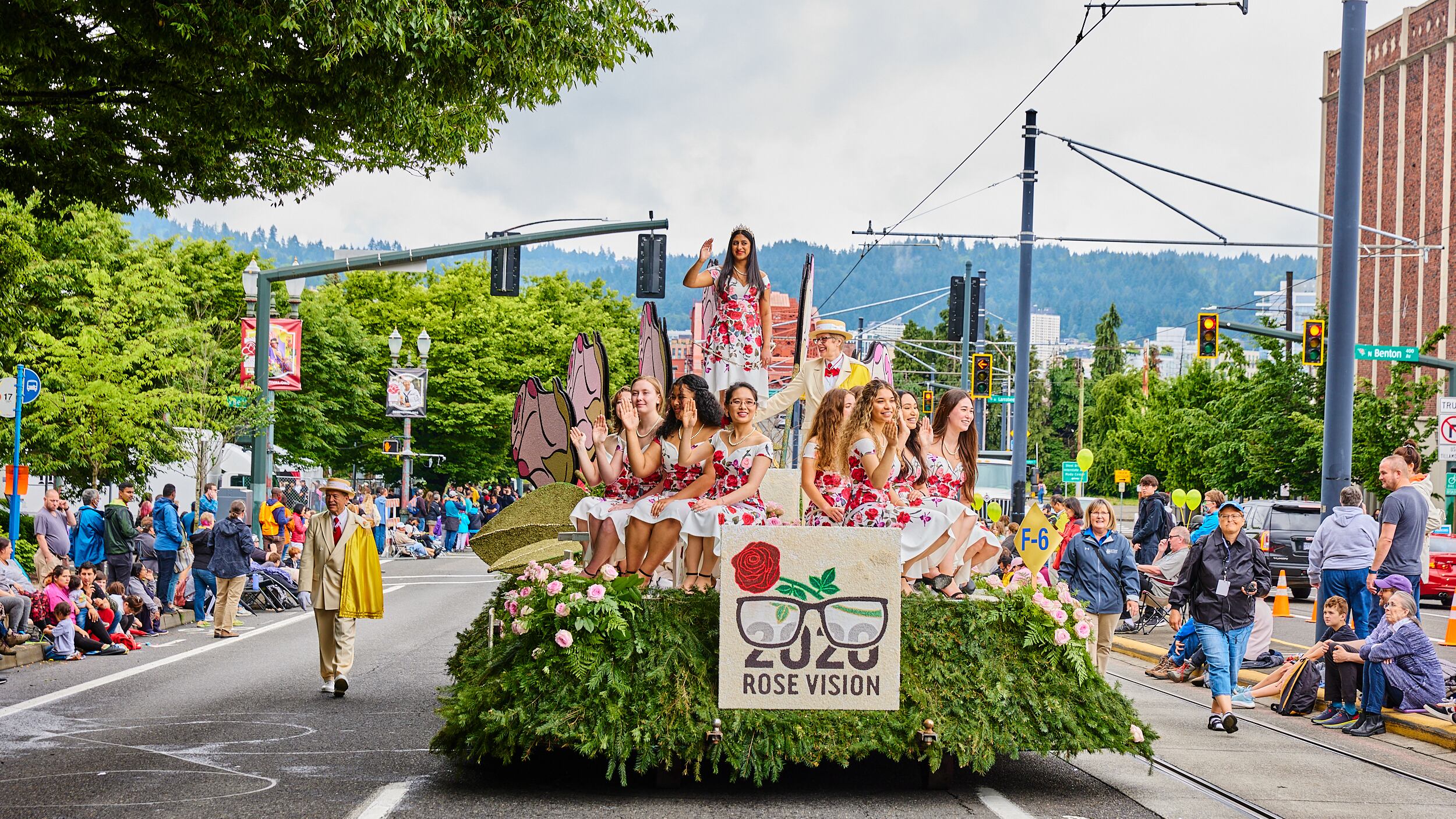“Should Administrator manage city government, 12-member Council (three from each district) make laws, voters elect officials using ranked choice process?”
That’s the question you’ll see on your November ballot when deciding whether to overhaul Portland’s system of government.
On Aug. 15, Multnomah County Circuit Judge Stephen Bushong ruled that the sweeping charter reform ballot measure crafted by a 20-member commission over the past year will appear on the November ballot as one question.
In July, the Portland Business Alliance sued the city over the ballot measure, alleging that the bundled package violated a state law mandating that ballot initiatives may present only one topic, not several. At issue for the PBA, and for other detractors of the reform package, is combining all three reforms into one yes-or-no question.
Bushong ruled that because all of the reforms fell under a “unifying” theme, the measure could remain as is—with subtle language tweaks that have nothing to do with the substance of the measure itself. Bushong ordered those changes in a second ruling on Monday.
The measure has survived a legal fight. Now it faces a more daunting challenge: matching the will of Portland voters come November.
As the pro and con campaigns kick it into high gear, take a moment to cancel out the noise and focus on what we know: the three changes proposed in the all-or-nothing deal.
Here are the three major provisions briefly explained.
1. The city would be split into four geographic regions. Voters in each district would elect three council members to represent that portion of the city, expanding the Portland City Council to 12 members. The mayor would act as a tiebreaker but would have no veto powers.
2. The city would scrap its commission form of government. This would free up City Council members to focus on policy and legislation rather than day-to-day management of city bureaus. Instead, a city administrator chosen by the mayor and confirmed by the City Council would run the bureaus and handle daily administrative tasks. Perhaps the most powerful figure in the city, if the measure passes, wouldn’t be elected by the people of Portland.
3. Portlanders would use ranked-choice voting to elect the City Council and the mayor. They would rank candidates on a numbered list. Voters could write as many or as few candidates as they wished on their ballot.

